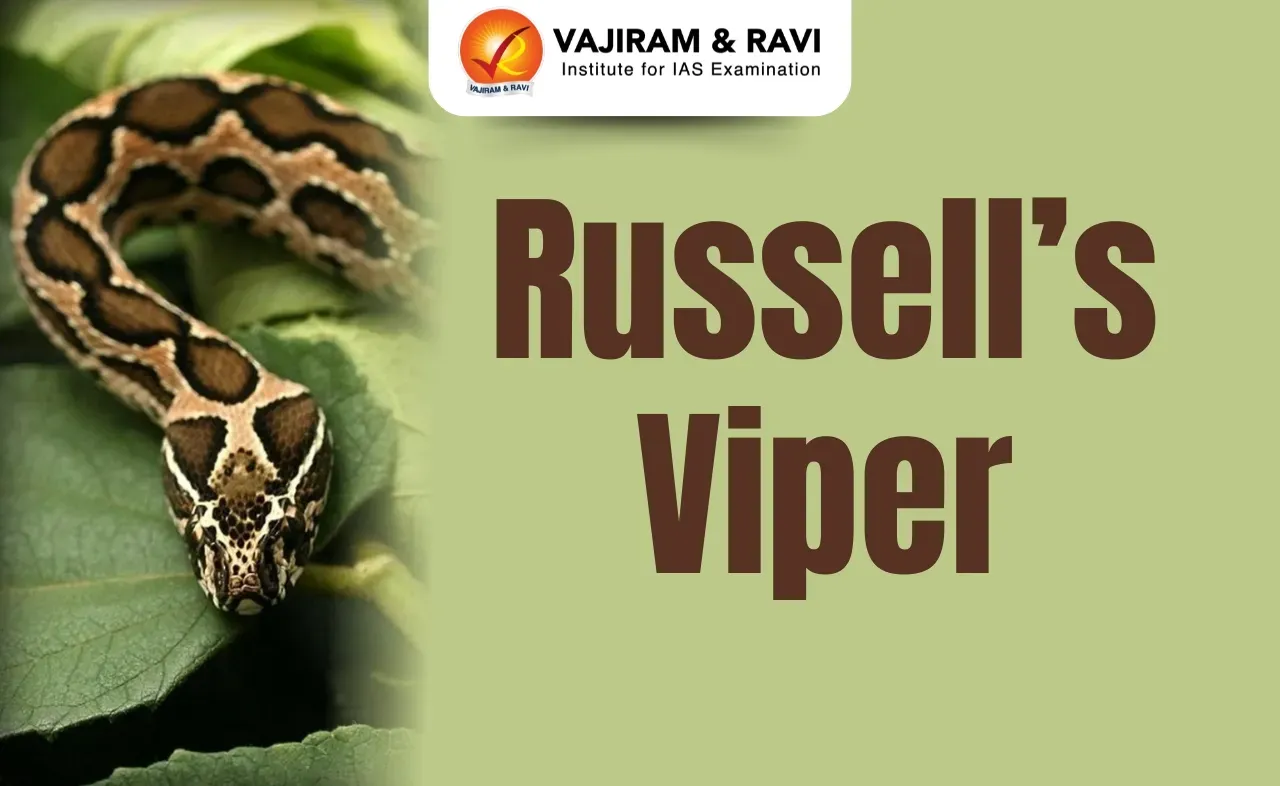About Post-vaccination immunity
- It develops in a complex process.
- Process
- In the fundamental immunological mechanism, our lymph nodes first produce the memory B cells that confer long-term protection against a disease.
- These cells ‘memorise’ the antigen the vaccine has delivered.
- When a foreign object like a virus enters the body bearing the same antigen, the B cells will trigger the production of a large number of potent antibodies to destroy it, removing the infection.
- These memory B cells require T cell support, and only vaccines that stimulate T cells can also induce the body to produce them. Further, not all vaccines – including the polysaccharide typhoid and the pneumococcal vaccines – prompt the body to make B cells.
- In some cases, frequent boosters are required to enhance the duration of immunity the cells confer, ranging from six months to a few years.
- Also, vaccines trigger the production of memory B cells to different degrees, plus having memory B cells alone does not guarantee protection.
- Another essential immune cell, called long-lasting plasma cell (LLPC), migrates from the lymph node to the bone marrow and may endure for decades.
- LLPCs are the main immunological factor in vaccine-induced immunity. Every vaccine tries to create long-lasting plasma cells for lifelong protection.
- The measles and rubella vaccines produce these cells in the bone marrow. However, some potent vaccines, such as the mRNA COVID-19 shots, fail to activate these cells in the bone marrow.
- To provide long-term protection, then, vaccines must generate memory B cells and LLPCs in the bone marrow. Different vaccines differ in their ability to produce these cells, explaining the disparity in their durabilities.
Q1) What are Lymph nodes?
A small bean-shaped structure that is part of the body’s immune system. Lymph nodes filter substances that travel through the lymphatic fluid, and they contain lymphocytes (white blood cells) that help the body fight infection and disease. There are hundreds of lymph nodes found throughout the body.
Source: Why do so many contemporary vaccines have low durability? | Explained
Last updated on June, 2025
→ UPSC Notification 2025 was released on 22nd January 2025.
→ UPSC Prelims Result 2025 is out now for the CSE held on 25 May 2025.
→ UPSC Prelims Question Paper 2025 and Unofficial Prelims Answer Key 2025 are available now.
→ UPSC Calendar 2026 is released on 15th May, 2025.
→ The UPSC Vacancy 2025 were released 1129, out of which 979 were for UPSC CSE and remaining 150 are for UPSC IFoS.
→ UPSC Mains 2025 will be conducted on 22nd August 2025.
→ UPSC Prelims 2026 will be conducted on 24th May, 2026 & UPSC Mains 2026 will be conducted on 21st August 2026.
→ The UPSC Selection Process is of 3 stages-Prelims, Mains and Interview.
→ UPSC Result 2024 is released with latest UPSC Marksheet 2024. Check Now!
→ UPSC Toppers List 2024 is released now. Shakti Dubey is UPSC AIR 1 2024 Topper.
→ Also check Best IAS Coaching in Delhi























